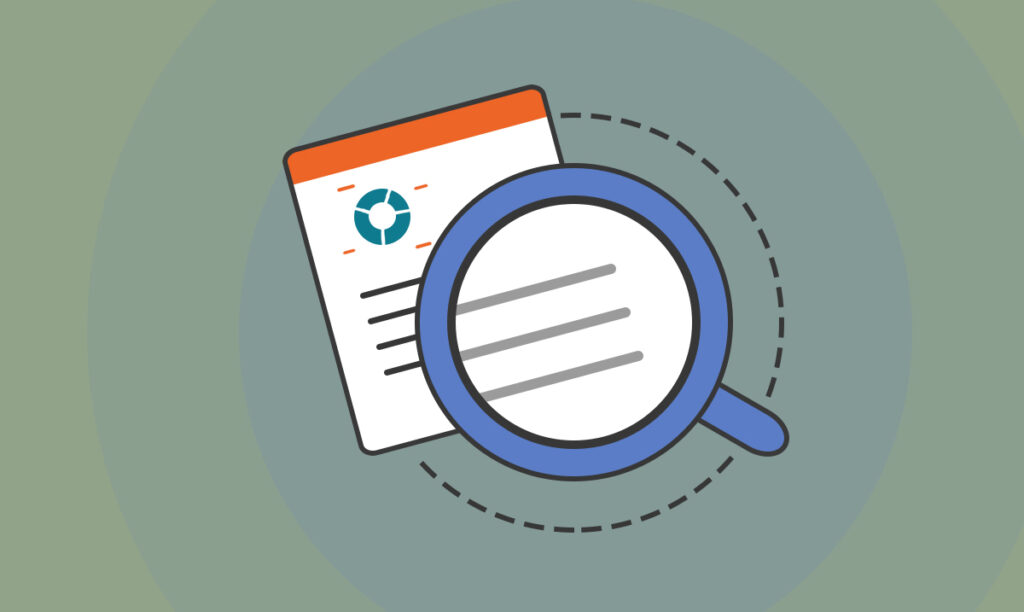In the first segment of our conversation with Vinay Kevadiya, the visionary behind Upmetrics, we explored the platform’s origins and itsunique ...
11 Reasons Why You Need a Business Plan
Written by: Carolyn Young
Carolyn Young is a business writer who focuses on entrepreneurial concepts and the business formation. She has over 25 years of experience in business roles, and has authored several entrepreneurship textbooks.
Edited by: David Lepeska
David has been writing and learning about business, finance and globalization for a quarter-century, starting with a small New York consulting firm in the 1990s.
Published on February 20, 2023

New business owners have so much to do to prepare for the launch of your business, which is why so many decide not to write a business plan. Many entrepreneurs think they don’t need one because they’re not looking for funding.
But this is the wrong approach. Every new business should have a business plan, not only to guide its operations, but also so that its owner is fully prepared to face the challenges ahead. There are actually many reasons – and lucky for you, they’re all laid out in this handy guide.
1. Testing Viability
When you write your business plan, you’ll be thinking through every aspect of your business, creating a financial plan, and doing a great deal of research, including market research. Part of your research is testing the market to see if people will buy your product.
You can use online surveys and in-person focus groups. If you find out there’s no market for what you’re offering, you’ve done so early without wasting time and money. You’ll also research your industry and may find rapid decline or change that could make your product obsolete.
Finally, when crafting a financial plan, you’ll project sales, costs, and profit. It’s possible that your business model is too costly to make money. At this point, you may be able to pivot to make your business financially viable, or you may have to go back to the drawing board.
The point is, the process of creating a business plan helps ensure your business is viable, helping you avoid building a business that’s destined to fail.
2. Setting Goals
Writing your business plan forces you to set goals, both short-term and longer-term. You’ll set milestones you plan to meet by certain dates, then create strategies to get there. Your financial projections will also give you sales goals, helping shape your sales strategy.
If you’re hiring employees, you can use your business plan to set their individual goals and perhaps a reward system.
3. Reducing Risk
Research for your business plan can put you on alert for potential risks, enabling you to craft strategies to mitigate those risks. For example, part of your financial plan will be a cash flow projection statement. You may find that at some point your cash on hand will be too low for the company to operate, so you can make a plan to better manage cash flow.
4. Knowing Your Market
In order to create an effective marketing strategy, you need to know your target market – their demographics, their needs and wants and product choices. You should also know where to find them. Are they on Facebook or TikTok? Then you can create messaging that resonates with your target market and put it on the most relevant marketing channels.
Your business plan will include a detailed target market analysis, which will give you the information about your customers that you’ll need.
5. Allocating Funds
Your business plan can tell you the most effective use of your funds at any given time. For example, you may find that it’s better to spend money on marketing rather than filling a certain job role. As you go through financial planning, these things should become clear, as you’ll have sales projections and cost projections. You’ll be able to find pain points and may decide to cut certain costs or reallocate funds.
6. Determining Funding Needs
Calculating startup costs will be part of your financial planning process, so you’ll know how much you need to launch and when you may need more funding. This will allow you to make fundraising plans, whether you have to tap into your own assets or attract financing.
7. Attracting Capital
If you try to obtain a loan or seek investment capital, a business plan is a must. Entrepreneurs are never handed money if they haven’t done their due diligence and laid out a robust strategy and vision. Lenders want to be confident the business will have enough income to repay the loan, while investors are looking for significant growth within a few years.
Either way, a compelling business plan is absolutely essential.
8. Attracting Partners
At some point you might want to bring in a partner, either for added funding or certain skills. Entering into a business relationship, particularly in a startup, is risky. Potential partners, just like investors, will want to see the research and strategy in your business plan.
9. Attracting Talent
Similarly, you may want to hire a top executive, such as a Chief Financial Officer (CFO). That person will be taking a huge risk and is unlikely to do so unless they can see how the business will succeed.
10. Having a Roadmap
A business plan is also just what the name says – it’s a plan for your business, a roadmap to success. The plan proves you’re not just figuring out as you go. Even so, remember that a business plan is a dynamic document that can evolve over time.
11. Learning
Creating a business plan early in the startup process helps you think through every aspect of your business. You’ll learn a great deal as you research and write your plan, and that invaluable knowledge could be the difference between success and failure.
Writing a useful business plan takes a great deal of time, research, and commitment, and that’s precisely the point!
In Closing
Whether or not you’re looking to attract funding, crafting a business plan is one of the key early steps in preparing to launch a business. Doing so will help you to determine the viability of your idea and develop strategies to be successful.
Launching your business without a plan is like driving unfamiliar roads without a GPS-backed map: you’ll likely be lost in no time. So be sure to take the time to write a strong, informed business plan – and remember that the harder you work on it, the more likely your success!
Subscribe to Our Newsletter
and gain insider access to cutting-edge business insights and trends.
Featured Resources

Crafting the Perfect Business Plan: A Deep Dive with Upmetrics’ Vinay Kevadiya
Published on October 13, 2023
Read Now

LivePlan Software Review: Features, Cost, Pros & Cons
Published on September 15, 2023
When you’re starting a business, a business plan is essential whether you’re going to obtain financing or not. Creating a business plan helpsyou ...
Read Now

What to Include in Your Business Plan Appendix?
Published on September 13, 2023
Launching a business involves countless tasks, and one of the crucial early hurdles is writing a business plan. Many entrepreneurs who aren’tlooki ...
Read Now
Comments